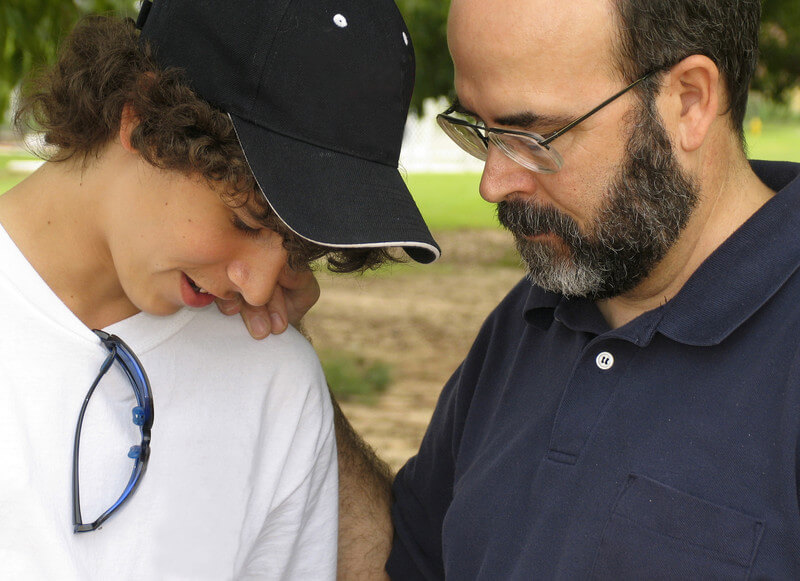First, here’s what I mean by “smart.”
One long-accepted understanding of “smart” involves acquiring knowledge: learning facts and basic principles. This is the primary business of middle school and high school.
Kids understand this aspect. It’s the kind of “smart” that gets them an A in a course.
But this is not the kind of “smart” I’m talking about.
A second, more important aspect of getting smarter involves acquiring thinking skills to use facts and principles to build understanding, evaluate information, reason, use good judgment, imagine, solve problems, make decisions, set goals, make plans, get organized and manage execution.
Those are some pretty powerful skills.
And, to be fair, if kids take learning course content seriously and work hard at it, it’s possible that the effort could help build some of the second, more important aspect of being smart.
The reality:
- Facts and principles are helpful, but they’re inert without the ability to use this knowledge to achieve success in university, in life, or in their chosen career.
- The process of building the thinking skills that are a foundation for success is not the main priority of school systems.
- Kids aren’t motivated to build thinking skills.
Here’s why kids aren’t motivated to get smarter:
- They don’t know what the critical thinking skills are.
- They don’t know why they’re vitally important.
- Even if they did, they have no idea what works to build them.
- The process of establishing a skill circuit in the brain is unseen and silent and unknown to them. And if they should happen to do the work anyway, and if there is a positive result, they won’t realize it.
So throughout human history, for a kid to develop a robust foundation of intellectual capacity, he or she had to be fortunate that adults in their life – parents, teachers, or mentors – encouraged them think often enough to wire their brains for the vital skills.
Plato was lucky to have Socrates. Aristotle was lucky to have Plato. And Alexander the Great was lucky to have Aristotle. Not everyone grows up to be brilliant enough to change human civilization; but for a kid to grow up mentally ready to succeed in life in a complex world and in a challenging career, he or she needed to be fortunate enough to get involved in the right activities and have caring adults around them to stimulate their thinking.
And of course, this was not the case with most young people.
This has been true for thousands of years since the time of the great Greek thinkers.
But it’s not true anymore. A kid no longer has to “get lucky.”
- We know what the essential thinking skills are, and where they are handled in the brain.
- Brain scientists have explained how this area of the brain develops basic skills.
- Recent research has revealed that this area of the brain is still developing throughout adolescence.
- We know what will stimulate a child’s brain to develop the foundation thinking skills.
All of this is explained in plain English in the book, How Your Teen Can Grow a Smarter Brain. Kids don’t buy self-help books. But their parents do.
So get the book. Read it. Then pass it on to your young daughter or son. Have some discussions about key chapters. It will do wonders to create the kind of motivation and awareness of effective action that could help them make the effort to grow permanent skill circuits in the smart part of their brain.
 How Your Teen Can Grow a Smarter Brain.
How Your Teen Can Grow a Smarter Brain.
Also you can improve the way you listen to your child, growing the bond between you. Download the FREE ebook, Listening to Understand.

